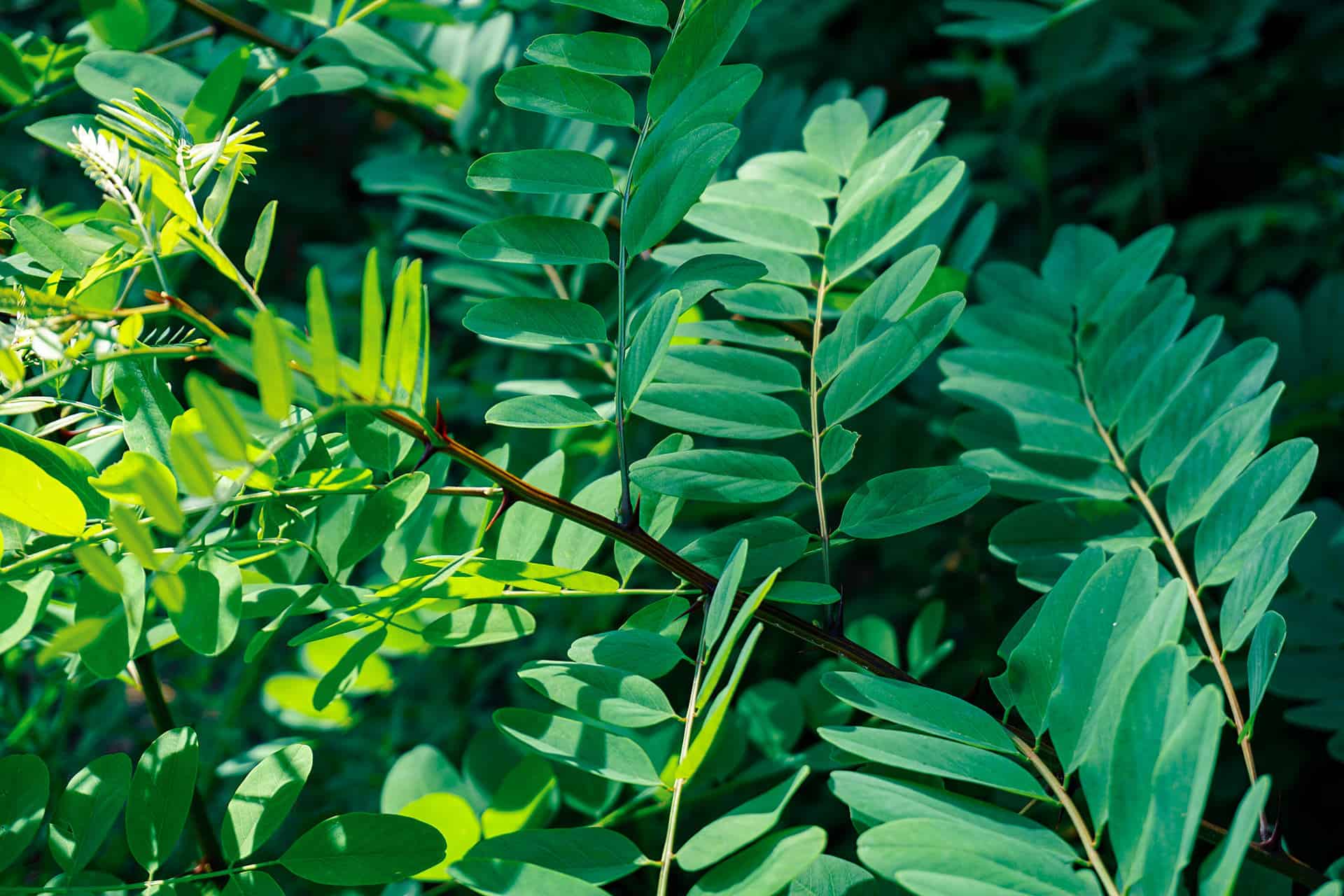Welcome to the final week of my series of posts on adaptogens and their health benefits, including stress relief. Today I’m going to talk about Astragalus, a very popular adaptogen in China and one that my acupuncturist has recommended to me personally.
What is Astragalus?
Astragalus is a perennial plant about 16 – 36 inches tall, that is native to the northern and eastern parts of China as well as Mongolia and Korea. It has hairy stems with leaves made up of 12 – 18 pairs of leaflets. Astragalus grows particularly well in well-lit environments and grows in small bush-like bundles. The root is the medicinal part and is usually harvested from 4-year-old plants.
Medicinal Uses and Indications
Astragalus is an herb that has been used in Traditional Chinese Medicine for thousands of years, often in combination with other herbs, to strengthen the body against disease, physical, mental, or emotional stress. It may help protect the body from diseases such as cancer and diabetes because it contains antioxidants, which protect cells against damage caused by free radicals, byproducts of cellular energy. Astragalus is also used to protect and support the immune system; for preventing colds and upper respiratory infections; to lower blood pressure; to treat diabetes, and to protect the liver.
Astragalus has antibacterial and anti-inflammatory properties and so it is sometimes used topically for wounds. In addition, studies have shown that Astragalus has antiviral properties and stimulates the immune system, suggesting that it is indeed effective at preventing colds, and can be easily combined with other natural cold remedies.
In the United States, researchers have investigated Astragalus as a possible treatment for people whose immune systems have been compromised by chemotherapy or radiation. In these studies, Astragalus supplements have been shown to speed recovery and extend life expectancy.
Recent research in China indicates that astragalus may offer antioxidant benefits to people with severe forms of heart disease, relieving symptoms and improving heart function. At low-to-moderate doses, Astragalus has few side effects, although it does interact with a number of other herbs and prescription medications and you should always consult your doctor before adding an herbal supplement to your diet.
People are now moving away from chemicals and moving to more natural treatments. Herbs are a fantastic way to treat many health conditions and oils are particularly beneficial in natural beauty products, strengthening nails and helping with healthy hair growth.
Traditional Uses Summary
- Adaptogen – protects the body from stress
- Colds and influenza
- Persistent infection
- Fever
- Multiple allergies
- Asthma
- Chronic fatigue
- Fatigue or lack of appetite associated with chemotherapy
- Anemia
- Wounds
- Heart disease
- Kidney disease
- Hepatitis
- Stomach ulcers
Astragalus Tea
Astragalus tea is used to gently stimulate the immune system, it is brewed using the roots of the Astragalus plant and it is very highly valued as a part of ancient Chinese medicine. In China, both the roots and leaves of the Astragalus plant are used as a remedy for many common ailments and often taken in tea form. Herbal Astragalus tea is particularly well known for its pleasant taste, cleansing properties, and calming effect, making it similar to many other mild herbal supplements designed to combat fatigue and chronic stress.
